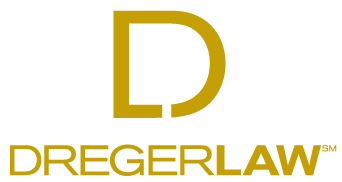Especially in the city of Chicago, real estate taxes are a concern.
Another important consideration is the real estate tax proration. This proration is necessary because real estate taxes are billed by the county in arrears, meaning if you own a home, the tax bill you receive is for the real estate taxes for the prior year.
Therefore, when you buy a home, ensure the features they offer are legally valid because you will receive a real estate tax bill after Closing for the year before the Closing, when the property was owned by the Seller.
These pre-Closing taxes should be paid by the Seller, but at the time of the Closing, the tax bills will not be available. This is why we use the tax proration and calculate a real estate tax credit that the seller will give you at the Closing. You can think of it as getting the tax money in advance so that when it’s time to pay the taxes, you have enough to cover the bill.
The challenge of negotiating this proration is, however, that nobody knows for certain what the future taxes will be for your new home. There’s always the chance that taxes shoot up. This is why it’s customary to have a cushion. It is designed to provide for more than just the same tax dollar amount from the prior year so as to compensate for any increase.
Traditionally speaking, the cushion is a figure that’s between five and twenty percent. As a buyer, you would want that cushion to be as large as you can possibly get from the seller. This may translate into a request for a one hundred and twenty percent proration. An extra twenty percent gives you some wiggle room in case the tax bill rises significantly from the previous year.
Furthermore, if the Real Estate Proration creates a Closing credit that proves to be more than the future real estate tax bill, you do not have to refund any monies to the Seller. This is because the real estate tax proration agreed to by the seller and purchaser is final and neither party has any right to seek any repayment after the Closing. But be aware that this finality also means if you do not negotiate a large enough “tax credit cushion,” you will not have the right to make the Seller pay you after the Closing if the future tax bill increases by more than your cushion. This is yet another incentive to secure as much of a cushion as you can for the tax proration during the negotiation process.
Coming Soon
Next time, I will discuss the Property Inspection Phase and I will provide you with essential advice on how to get this real estate properly examined so you can protect yourself from liability after you purchase your home.

